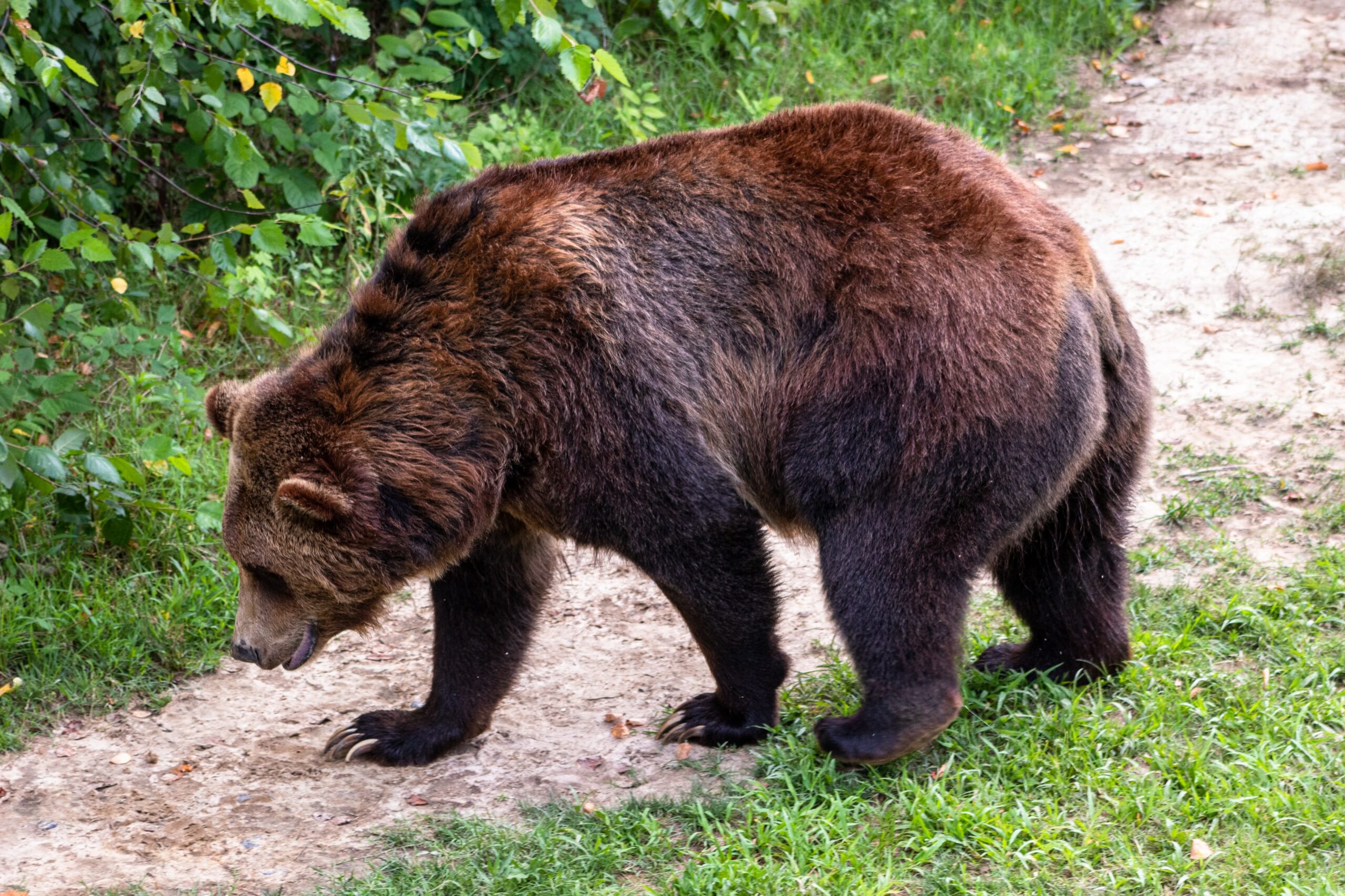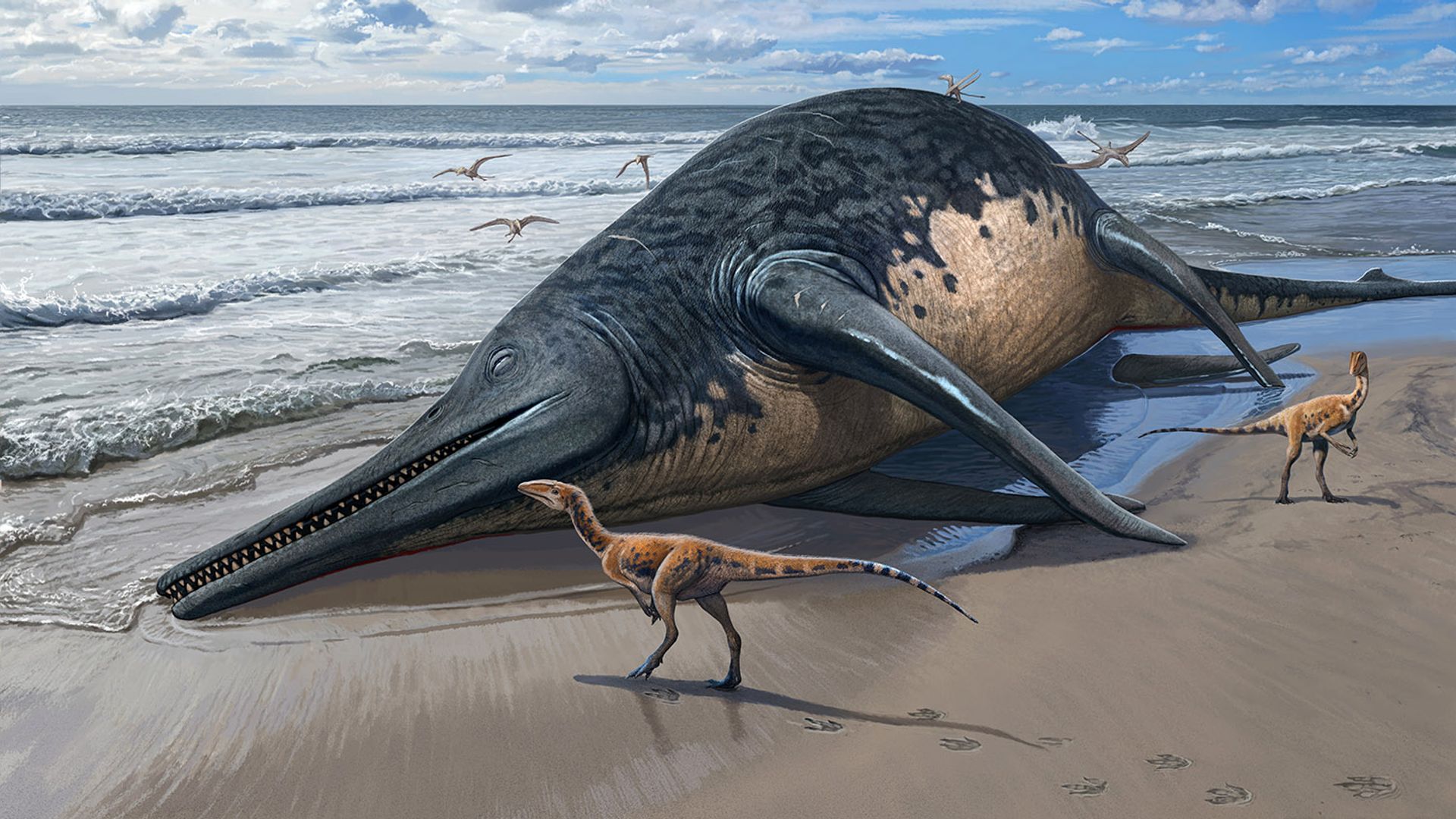Russia’s deputy ambassador to the UN has denied his country is carrying out war crimes through the mass forcible transfers of children, and claims its army is in fact “saving” them.
Dmitry Polyanskiy told Sky News: “Of course it’s not a war crime. We’ve been accused of stealing children but in fact we’re saving children from the Ukrainian army, first and foremost. [This] is just another smear campaign against Russia which is unfortunately exploiting the issue of children at war.”
He refuted that Russia was committing a breach of Article 49 of the Geneva Conventions, which related to mass deportations of citizens.
“These people are going to [Russia] voluntarily. Since February 2014, there are five millions residents of Ukraine, or Lugansk and Donetsk republics who have come to Russia including more than 730,000 children, the vast majority of them arrived with their parents or relatives,” Mr Polyanskiy said.
“Of course there is some number of orphans, but these orphans are being taken temporarily by foster families. It’s not adoption, it’s guardianship, it’s a different situation.”
He claimed that Russia was cooperating with the Red Cross and other international organisations that are working with the issue, but said “the problem is that we need to have direct concrete appeals from parents in Ukraine who are looking for their children”.
Meanwhile, US ambassador-at-large for global criminal justice Beth Van Schaack claimed Russia is systematically moving children out of Ukraine.
Russian ship ‘spying’ around wind farms off UK coast in possible sabotage plot
Alleged former Wagner commanders admit killing children in Ukraine
Vladimir Kara-Murza’s wife vows to fight for his freedom after he is jailed in Russia
According to Yale University’s Conflict Observatory, more than 6,000 have been moved to camps – but the ambassador believes the number of missing children could be far greater.
Macron told to focus on Putin’s ‘downfall’ – Ukraine war latest
Sky News has spoken to a group of orphans, taken at gunpoint and illegally transferred to Russia, about their remarkable escape – and revealed what life is like in the institutions where others like them end up.
Ms Van Schaack claimed what is happening is “a grave breach” of the 1949 Geneva Conventions which protect members of the civilian population from being forcibly deported or forcibly transferred from territory during an armed conflict situation.
“So, these children have been abducted, essentially kidnapped,” she alleged.
“They have often been taken across an international border and then have been sent to very far-flung places within Russia, and subjected to, what are in essence, sham adoptions, potentially.
“This is indeed the basis for the two arrest warrants recently issued by the International Criminal Court against President Vladimir Putin himself, and Russia’s children’s commissioner, Maria Lvova-Belova.”
Russia claims it has been acting on humanitarian grounds, protecting children in areas where military action is taking place and has not moved anyone against their will.
Asked why she doesn’t believe the Russians, Ms Van Schaack said Moscow could not make such a claim when it has “in fact created the humanitarian crisis” which has “put these children at risk in the first place”.
“These children were in civilian areas that came under Russian attack,” she said. “So, Russia cannot turn around and say they are doing this for humanitarian purposes.”
She continued: “But, even if they are trying to fit themselves into some kind of humanitarian defence, the reality is these children have been taken.
“They have had their phones confiscated, is our understanding – they are not able to contact their loved ones, guardians, others who want them back and want to know where they are,” she claimed.
“They have not just been taken to safe places within Ukraine but rather taken across an international border, and often taken to areas very far from Ukraine.
“The point of any sort of humanitarian evacuation that might be allowed under the laws of war is that it is temporary, and that it is immediately reversed when the conditions subside.
“None of this has happened, so what we’ve seen instead is essentially the abduction of Ukrainian children and forcing them across an international border and subjecting them to sham adoptions.”
“What we are seeing is a very consistent practice, and the creation of essentially, a transnational infrastructure of filtration that is being used not only to subject individual adults to filtration, but also being used to find and transport children out of Ukraine,” she alleged.
Read more:
Ukraine’s missing children
What NATO chief’s visit to Ukraine means for the war
Putin visits occupied Luhansk and Kherson regions of Ukraine
She claimed researchers were able to identify a number of sites that were being consistently used for this purpose.
“This suggests that this is not being done on a local level with individuals out of the goodness of their heart, but rather this is a system,” she said.
“In fact, we have from their own admissions – of the two defendants – them not only indicating that this in fact is happening, but praising the fact that it is happening, bragging about the fact that this is happening.”
She added there were no “indications” from the observatory or US intelligence the practice has stopped.
“There is a whole effort on the humanitarian side to simply get these children back,” she said.
A number of third states have offered to receive these children and to ensure they can be safely brought back to Ukraine and reunited with their families, guardians and loved ones, she said.
Be the first to get Breaking News
Install the Sky News app for free
Asked if the threat of prosecution was a deterrent, she replied: “It may not deter someone like President Putin who is intent on prosecuting this war, and doing so through the commission of war crimes and crimes against humanity.
“However, there may be others within his inner circle who think to themselves, ‘okay, I don’t want this fate for myself. I don’t want to be subjected to charges. I don’t want to go down for a system that President Putin has put in place and allowing these crimes and crimes against humanity to happen’.
“You can imagine individuals doing their own internal calculus about whether or not they want to continue to associate themselves with what has essentially become a criminal enterprise.
“The hope is that others within the Russian establishment, and even low-level individuals, will engage in an active resistance, will defect, will leave, will turn state’s witness and be willing to speak with investigators and prosecutors, to peel away some of the support system that Putin has and that he needs in order to be able to effectuate war crimes and crimes against humanity at the scale in which his troops are doing it.”








